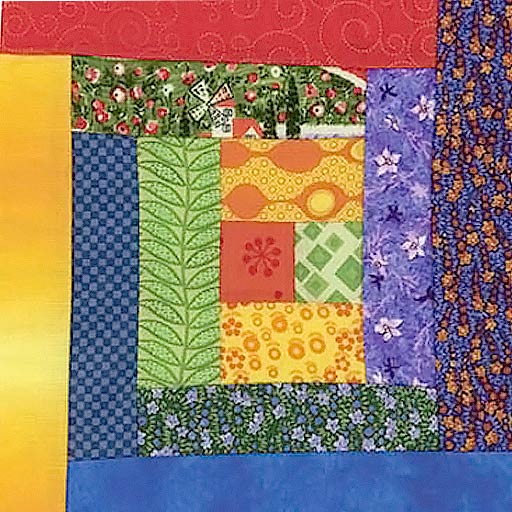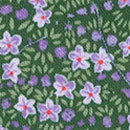Q: How might I cast forth the loose matter and get down to the rock, the sure foundation, and there hearken to the divine voice which gives a clear and certain sound?
Query adapted from quote—John Woolman, c. 1770, PYM Faith and Practice, 2002
Quaker Spirituality gives us a tool for decision making in our process of Clearness. In a Clearness Committee, we wait in community for divine guidance surrounding the question or decision before us. An example of a discernment process in health care is Slow Medicine. Slow Medicine allows one to make decisions based in what is meaningful to a person, what long-term outcomes may be, how one wants to live until the end. It is not a specific type of medical care, but rather an approach to decisions that encourages people to consider medical interventions carefully, with an eye to the whole person, and the long-range consequences of those decisions.
“Slow medicine is a special commitment undertaken by families and health professionals working together to achieve the very fullest understanding of aging loved ones and their complex, ever evolving needs. This, in turn, leads to wiser decision making regarding formal medical interventions…. The journey with our loved ones through the final decades of their lives should not be strewn with wasted opportunities complicated by the wrong kind of medicine,” says Dennis McCullough, M.D. in his book My Mother, Your Mother.
An example of slow medicine is when a doctor would normally recommend major surgery for an acute problem, but knowing that the patient has other long-term health issues, decides to consult with a patient and family about other options, such as physical therapy or palliative care. The team of caregivers work together with the person to determine if the outcome of surgery is worth the pain and risk, if it may lead to further complications, or if it even may prolong rather than alleviate suffering.
These can be very difficult decisions for all involved, and Slow Medicine supports patient, informed decision making rather than rushing in to cure one problem without considering the whole person. Some useful questions to consider are:
- What information about this person would help the person being cared for, the caregivers, the doctors, that they may not be aware of?
- How are each person’s values, emotions and experiences, especially those of the person in need of care, considered?
“The sunlight shines through the cloud; even when the cloud is so thick we cannot see the sun at all, its rays carry on their healing work…”
T. Edmund Harvey, 1929, PYM Faith and Practice, 2002
How the Meeting/Faith Community Can Provide Support:
- Discernment: We can be supportive of those facing physical, emotional or cognitive challenges by supporting spiritual discernment. Clearness committees can help individuals and their loved ones make decisions that are grounded in the unique spirit and values of the one in need of care.
- Planning: Encourage people to make their wishes known through living wills or advanced directives, so that family members left behind can be at peace with decisions they may face when/if the person in incapacitated and cannot participate in the decision making process.
- Caring: It is helpful for people to know that they will be supported and cared for regardless of the outcome of their decision.
“Facing the future, even with a sure faith, is not easy. I am cautious at every step forward, taking time and believing I shall be told where to go and what to do. Waiting patiently and creatively is at times unbearably difficult, but I know it must be so.”
Jennifer Morris, 2001 PYM Faith and Practice
Download this article in pamphlet form
LINKS TO MORE INFORMATION: Click on the blue text below to be directed to outside websites that offer additional information on this topic. The websites will open in a new window, when you are done, simply click out of that window and you will be back on this site.
Visit Dennis McCullough’s Website
Sources/Further Reading:
Jane Gross, “For the Elderly, Being Heard at Life’s End,” The New York Times, May 5, 2008
Dennis McCullough, My Mother, Your Mother: Embracing “Slow Medicine,” the Compassionate Approach to Caring for your Aging Loved Ones, Harper Collins, USA, 2008

